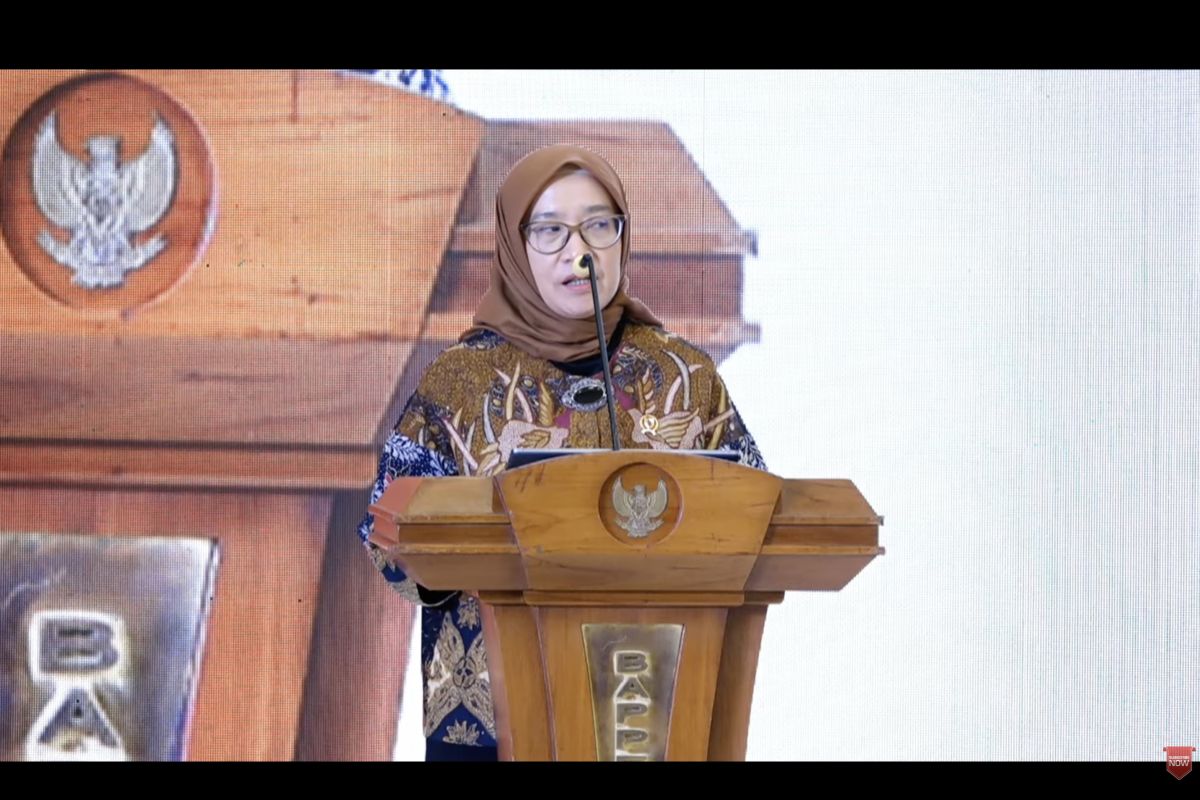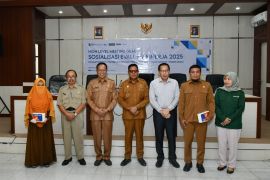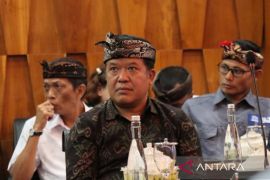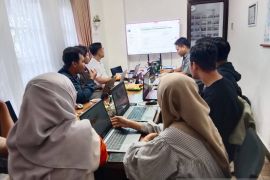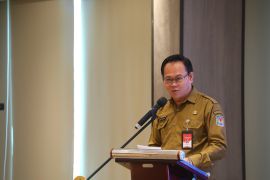Jakarta (ANTARA) - The Indonesian government is pursuing digital transformation to make public services more responsive, inclusive, and need-based, according to Administrative and Bureaucratic Reform Minister Rini Widyantini.During the 2025 National Coordination Meeting on Geospatial Information in Jakarta on Wednesday, she informed that combining digital governance with geospatial information can ensure fast, accurate, and efficient development
Governance transformation, which is one of the mandates of the 2025–2045 National Long-Term Development Plan (RPJPN), emphasizes the government’s digital transformation efforts.
She underscored that the digital transformation in government is not limited to rolling out online applications or services, but a major initiative that involves the integration of systems, governance, infrastructure, and organizational culture.
Therefore, the government is promoting a use case approach that focuses on strategic services that need to be supported by geospatial and statistical data.
Furthermore, she emphasized that digital transformation is not an ultimate goal but one of the strategies to achieve the Golden Indonesia 2045 vision.
Baca juga: Digital transformation to boostpalm oil downstreaming: govt
The minister said that the government’s digital transformation requires a strong foundation, namely a unified map, interconnected data, and accurate decisions.
Digital transformation is no longer concerned with just procedural efficiency or the digitization of organizational services, but rather realizing digital, open, and precise governance, which will support fairness.
Baca juga: Ministries seek to expedite govt digital transformation
For this, e-government is crucial. At the same time, it is also necessary to move further to a digital government model that puts greater focus on impact, cross-sector collaboration, and services that are based on people’s needs.
“This is why the role of geospatial information is important because it provides dimensions, place, location, and indicates where we should implement policies so that the policies are more precisely targeted and reach those who need them,” Widyantini explained.
Pewarta : M Baqir, Raka Adji
Editor:
I Komang Suparta
COPYRIGHT © ANTARA 2026
